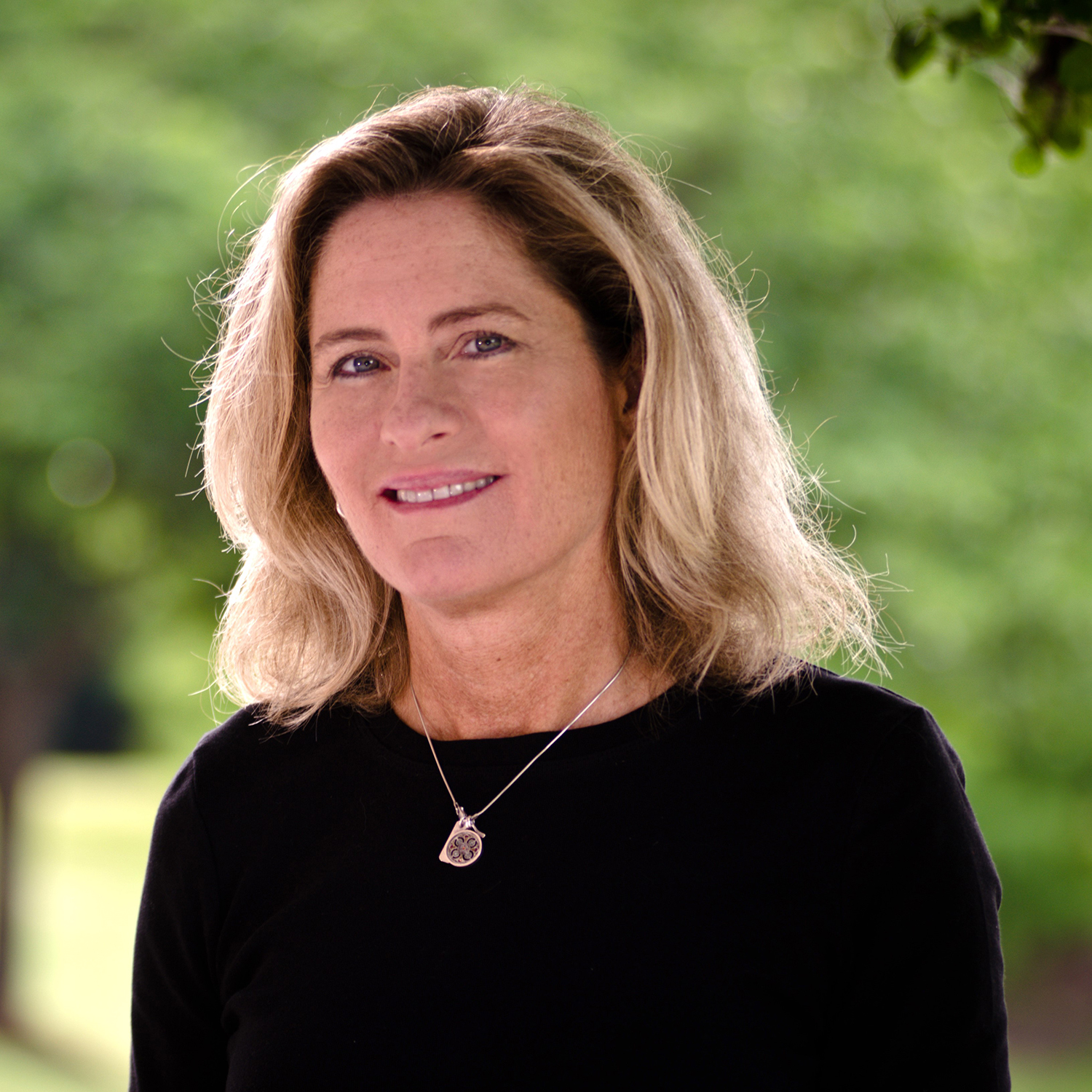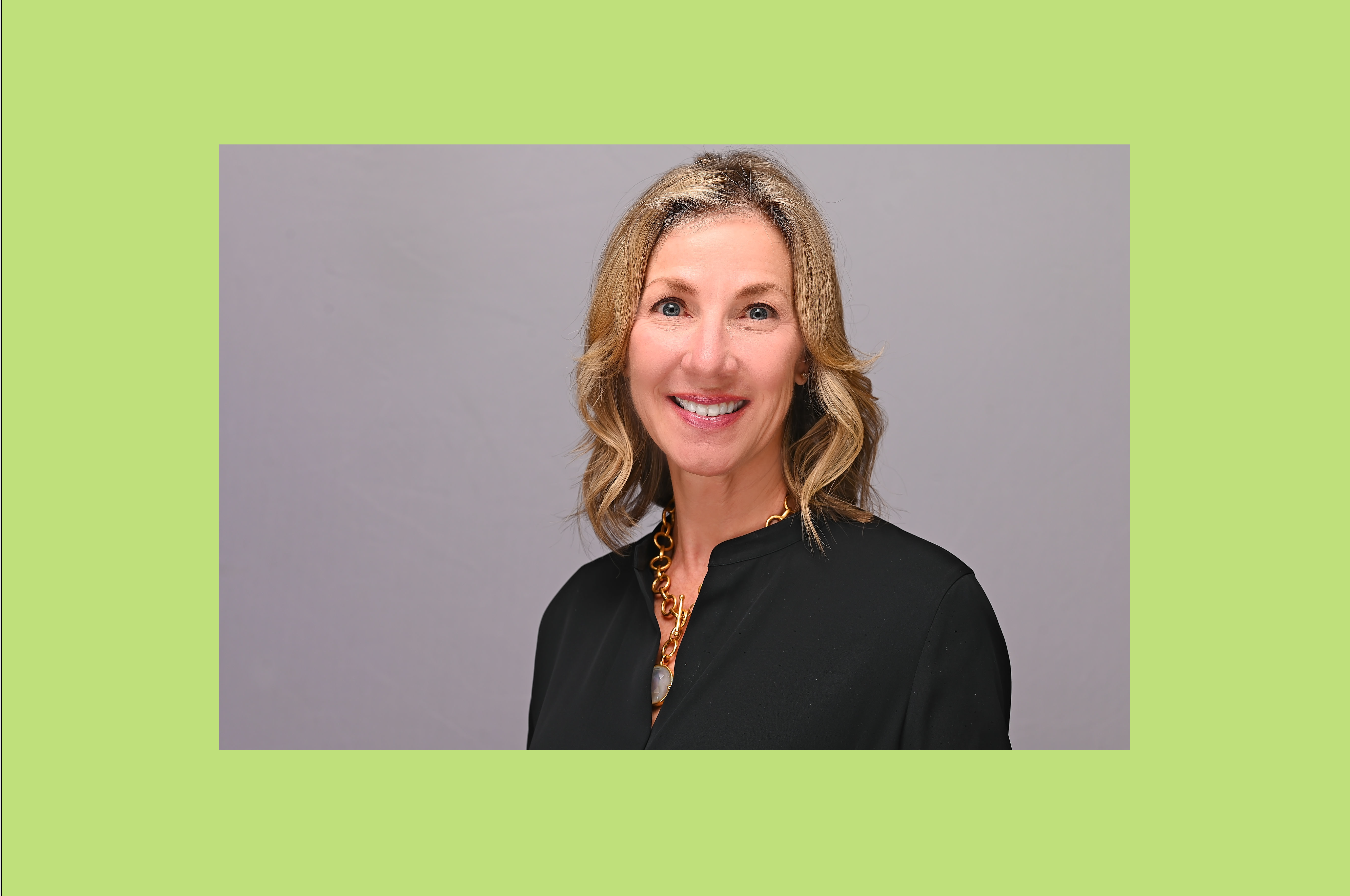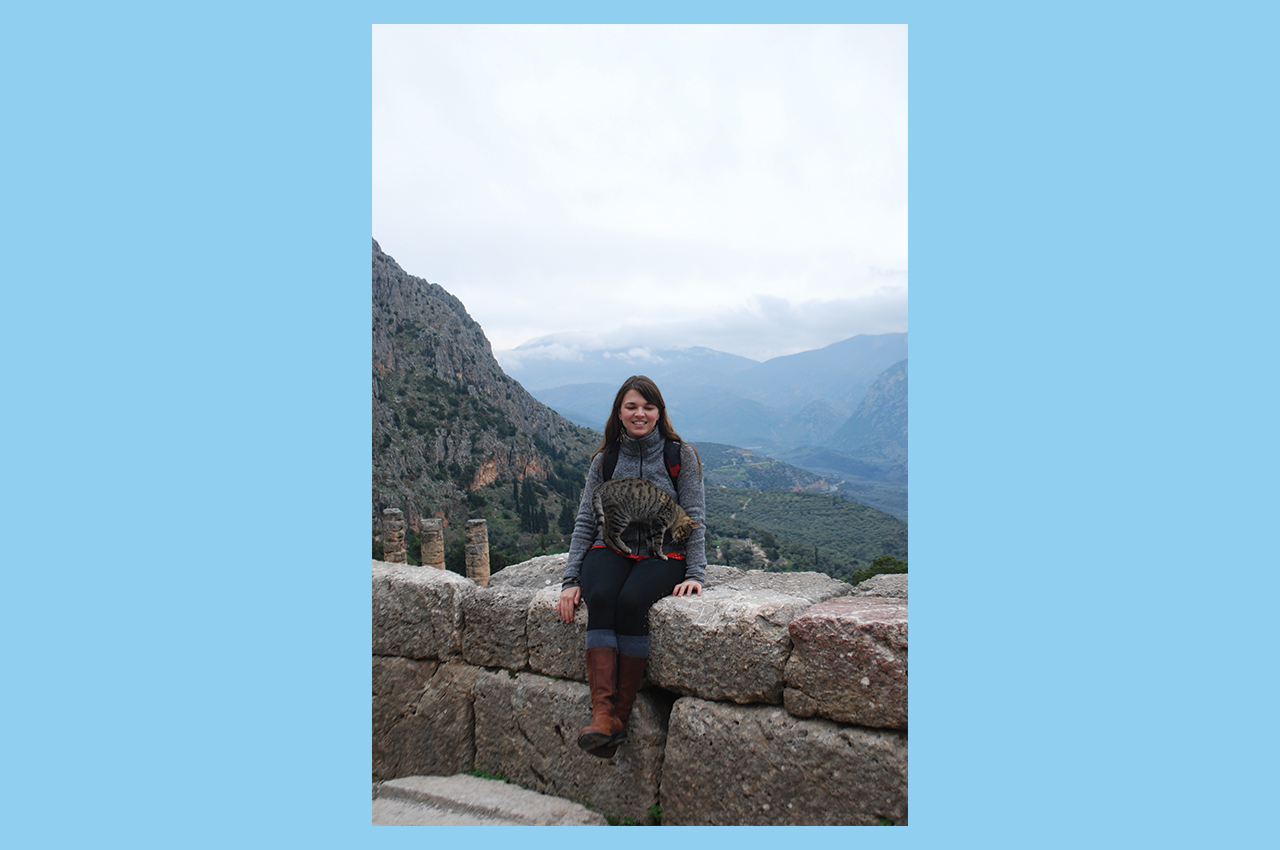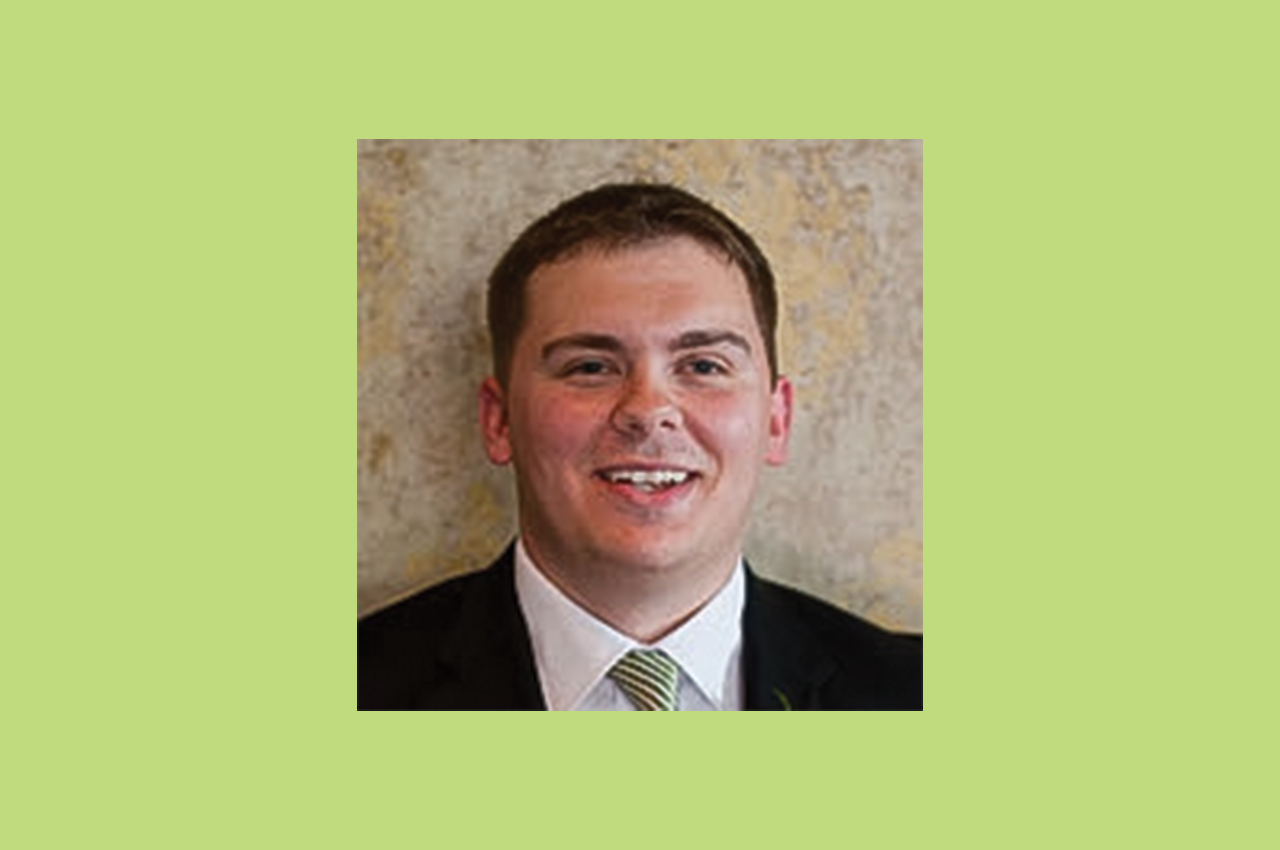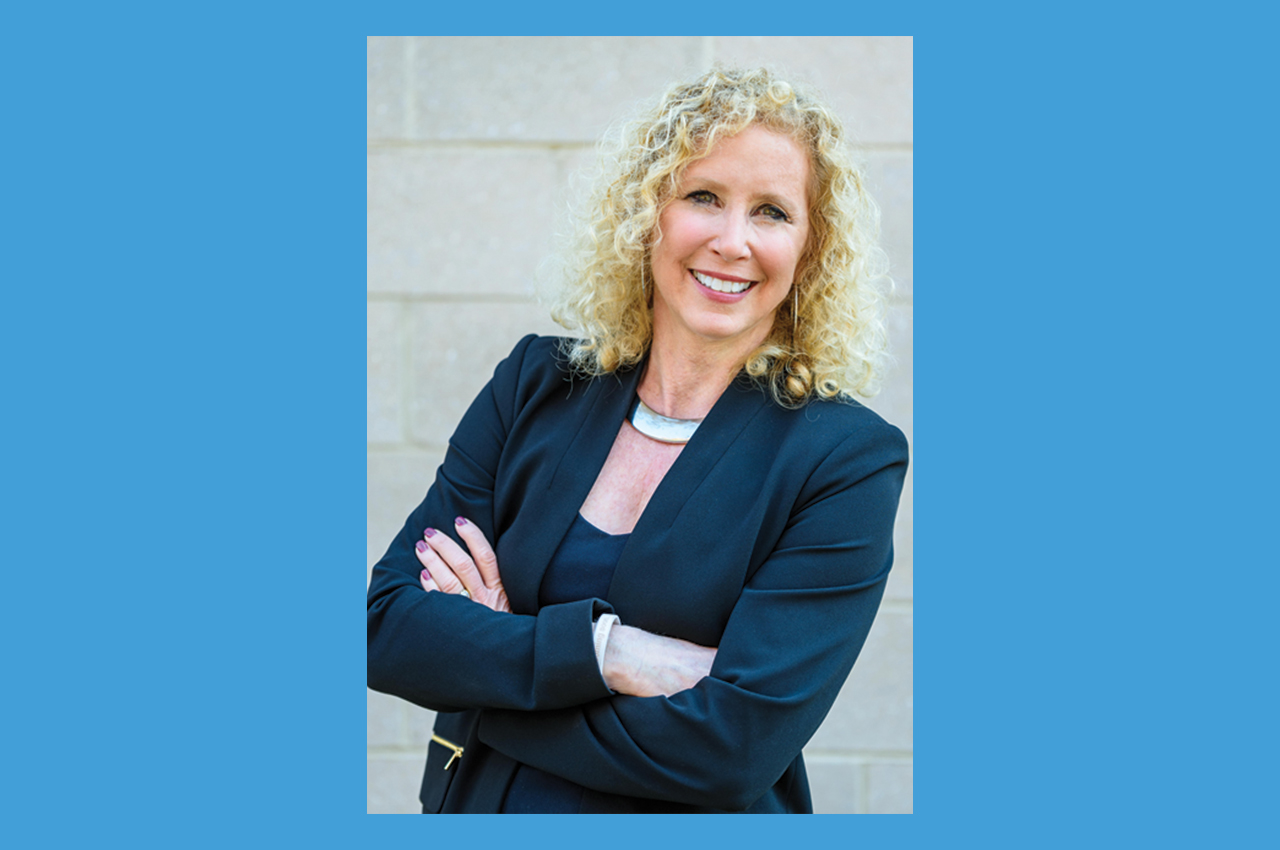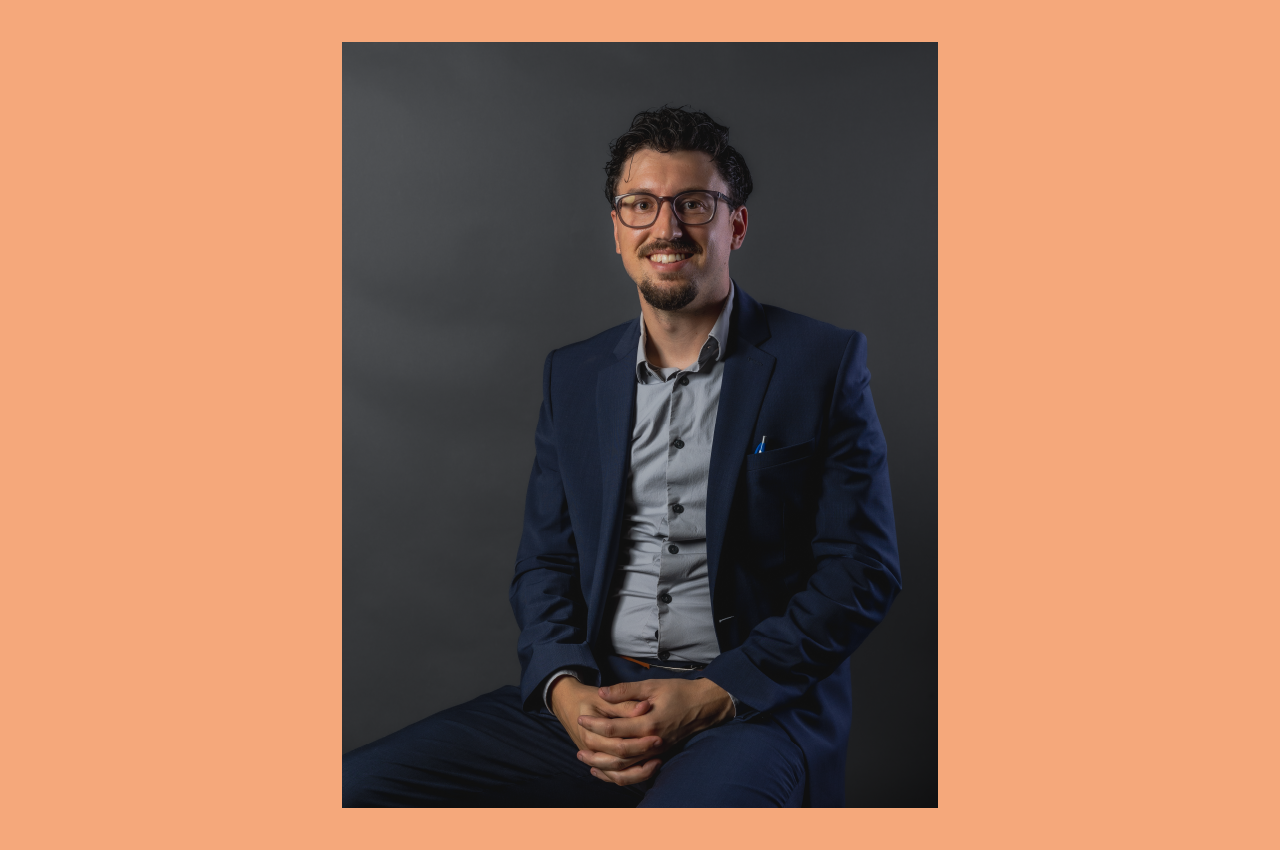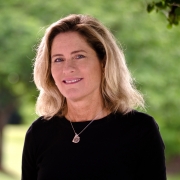
Dawn FitzGerald, MS
Qsource
Job Title: CEO
Member of KHC for: Four and a half years
Dawn’s responsibilities include leading corporate strategy and business plan development, maintaining positive relations between Qsource and its partners and stakeholders, and serving as the organization’s spokesperson – locally and nationally.
What do you see as the biggest threat to our community’s health? How do you feel it needs to be addressed?
The opioid crisis crosses all socioeconomic lines and has also affected me personally. My mother became chronically addicted to opioids after back surgery more than 15 years ago and recently passed away, in part, because of years of opioid misuse and addiction. Kentucky is not immune to the crisis. Because Qsource primarily deals with elderly populations as the Medicare QIO, we are focusing on three primary areas to address the opioid crisis:
- Advancing better patient education about medications – specifically opioids, and the need to get rid of old prescriptions. This patient education, combined with improving safe disposal sites, is critical to keeping opioids out of the wrong hands, such as children and grandchildren.
- Advancing best practices for pain management by providing data feedback and evidence-based education to primary care providers about best practices in prescribing pain medicines.
- Promoting alternative treatments for chronic pain in nursing homes and senior living, such as physical therapy, music, and massage, as ways to encourage a reduction in opioid use in these facilities.
Lowering cost is one of the three main priorities of the Triple Aim. What are the best strategies for addressing cost in our community?
I think the advancement of accountable care organization models, and the associated links to reimbursement associated with reduced healthcare spending, show some very optimistic signs of bending the cost curve. As we move away from paying for instances of care, and start looking at the entire patient experience of care, we can also see where the lack of an integrated approach leads to a lot of unnecessary expense. Community involvement and alignment is also starting to contribute to the value of treating healthcare as a community issue rather than a facility issue. Together, these can significantly reduce costs and improve healthcare quality.
Why do you and your organization belong to the KHC? What do you find most valuable as a member?
I believe that KHC shares many of the same values and ideals that Qsource embraces for improving healthcare quality through collaboration. KHC has introduced me to a number of stakeholders that have helped Qsource become more visible. KHC also creates networking opportunities that are dynamic and informative to Qsource staff.
Why do you think a multi-stakeholder coalition like the KHC is needed in the community?
KHC and similar multi-stakeholder collaboratives provide a neutral venue where all parties in the healthcare sector can come together to address local healthcare quality concerns as co-equal partners. Through KHC’s lens healthcare quality is seen as a community, rather than a provider’s responsibility.
What is your favorite quote?
My answer usually depends on the moment, as I’m known to use quotes a lot. But the quote I have kept on my desk for the past several years is this simple one, “The sun shines not on us but in us.” – John Muir
What is your dream vacation spot?
The most beautiful place I have ever been is Maui, Hawaii. I got married there on the beach three years ago. It was amazing!
